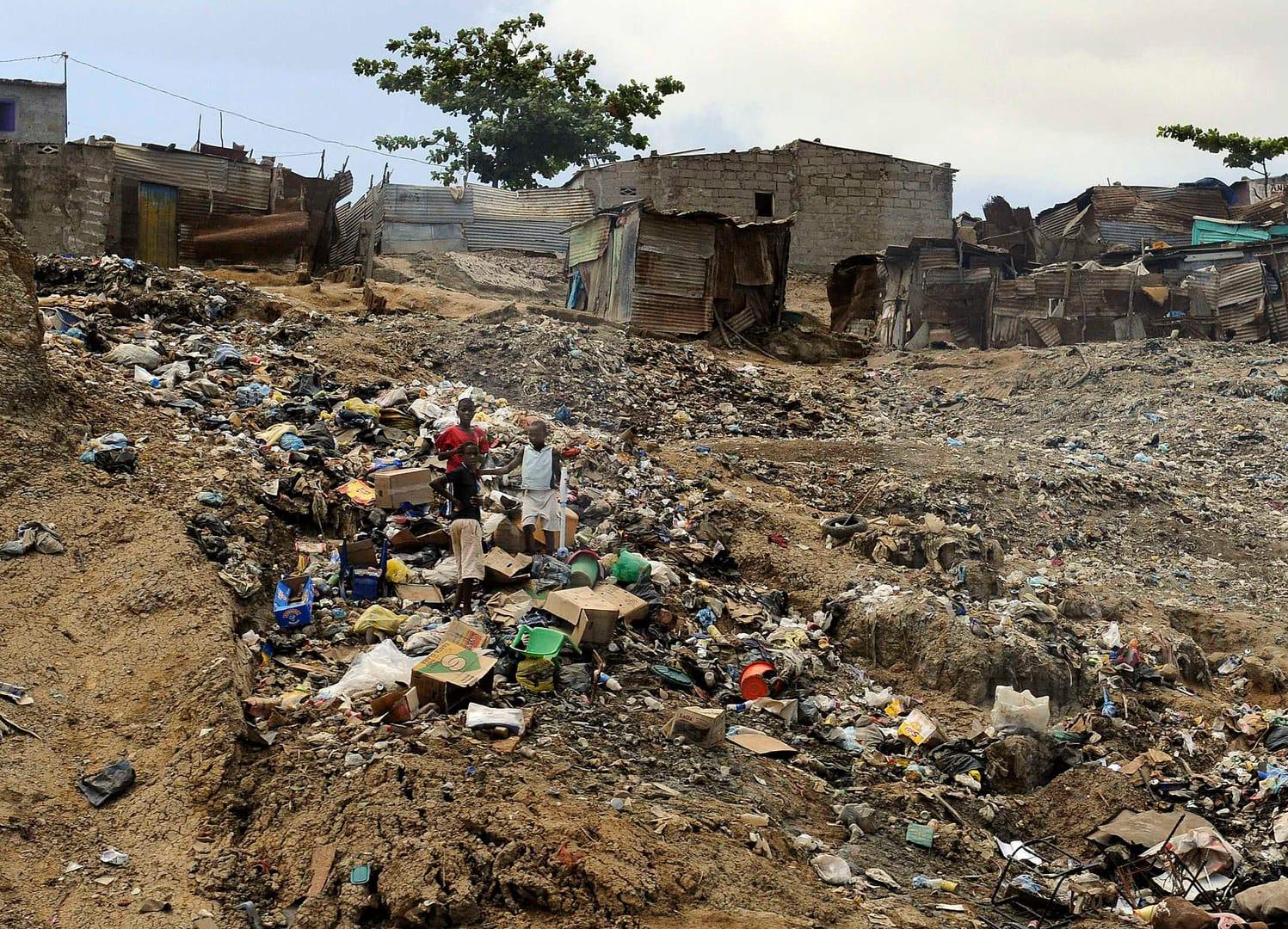YAOUNDÈ, Cameroon – Angola is facing its worst drought in forty years. According to the World Food Program, the lack of rain has left fields barren, dried up pasture lands and depleted food reserves, leaving at least 1.3 million people at the brink of a food and nutrition “catastrophe.”
The situation has forced many to migrate in search of a means of survival.
“Migration of families to other provinces and neighboring Namibia in search of water and grazing for cattle has been registered in the South of the country”, said Michele Mussoni, the WFP’s Head of Office in Angola.
“These areas have been suffering from the devastating effects of climate change and the current drought puts the food security and nutrition of vulnerable people under threat,” he said.
In the Angolan province of Cunene, about 40 percent of children have been forced to drop out of school due hunger-related reasons.
It’s a situation that worries the Catholic Relief Services, the international development office of the U.S. bishops’ conference.
“Education is so important for a child’s future and hunger can so easily destroy it,” said Juan Sheenan, country manager for Angola for CRS.
“It’s vital for the families in need to receive food aid not only to survive, but so that they can get their children back into school and secure their future,” he told Crux.
Even as the crisis persists, the international community seems to be silent, with Sheenan noting that the required funding just isn’t coming in.
“The biggest challenge of any type of disaster in Angola is that there is never a lot of support that comes in from outside. This is partly due to Angola being a ‘rich nation’ on paper. The perception is that the people there don’t need aid, but when a disaster hits and people are suffering, that’s not the case. They need assistance just like any other country in the world. CRS will always work with the poor and the people that need our support the most,” he said.
Sheenan said the answer was to declare a state of emergency.
“When a state of emergency is declared, funds are released from various countries for that state of emergency. Normally when this is done in a country, NGOs similar to CRS will apply for these funds to help support the people suffering during this emergency. When no state of emergency is declared, there usually are no additional funds that come into a country to support an emergency or any other situation,” said Sheehan.
“We are hoping that there will be a state of emergency declaration by the government so that more funds would come in to assist,” he said.
A similar call was echoed by the Bishops Conference of Angola and São Tomé (CEAST).
In their October 11 statement, the cleric said they were concerned about “the hunger caused by the long drought and the consequent lack of food, especially in the South of our country.”
Sheenan says Angola’s isn’t an isolated crisis, and that as the world’s climate continues to warm, there will be more of such devastating impacts in especially third world countries.
“This is just one of many examples of how developed countries must be proactive or we will continue to see these disasters throughout the world but mostly affecting the poor countries,” he told Crux.
He called on leaders in the developed world and their counterparts in Africa and other under-developed countries to take the issue of climate change “seriously.”
“There needs to be climate action, specifically climate finance so that developing countries – who have contributed the least to climate change – can adapt to their new realities.”














